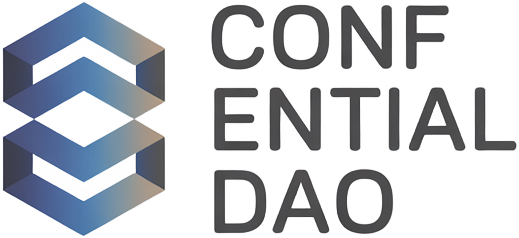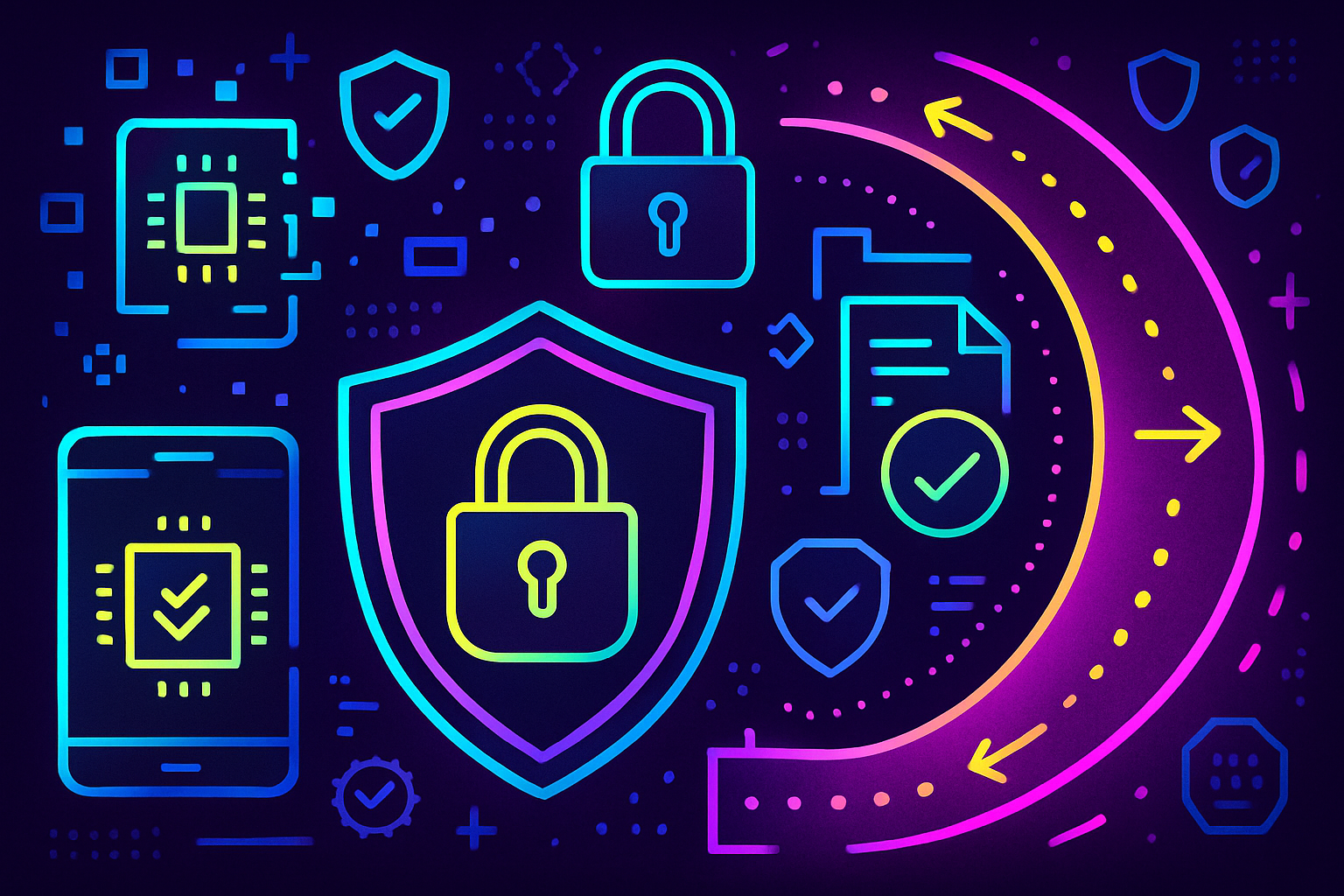
In the rapidly evolving landscape of decentralized governance, one challenge stands out: how can DAOs (Decentralized Autonomous Organizations) achieve confidential governance without sacrificing the verifiability that underpins trust? Zero-knowledge proofs (ZKPs) have emerged as a pivotal cryptographic innovation, enabling DAOs to maintain privacy for members and operations while preserving the public auditability essential to decentralized systems.
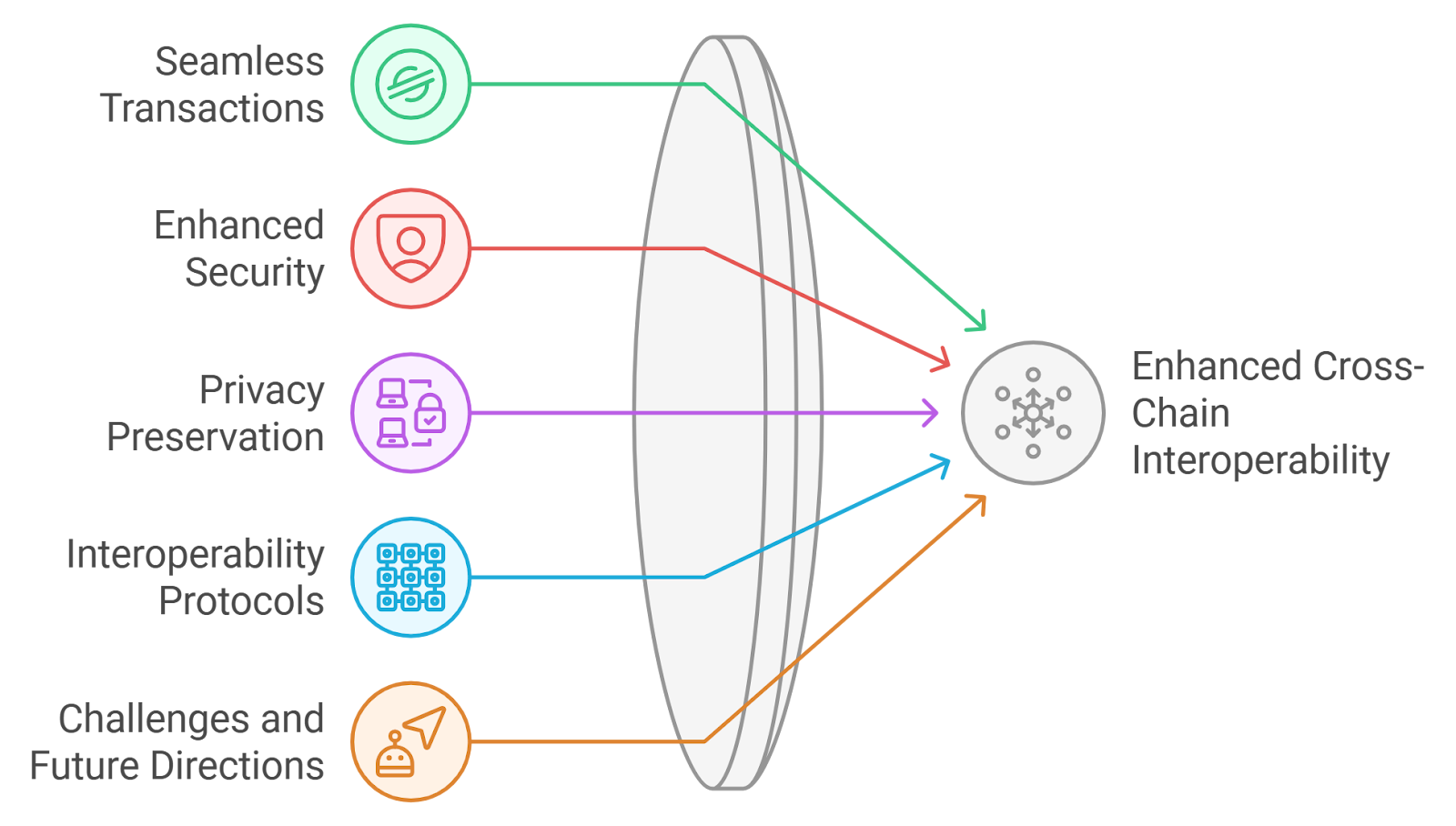
The Case for Confidential DAO Governance
The demand for privacy in DAO voting isn’t just theoretical. As highlighted by the Privacy Stewards of Ethereum and reinforced by initiatives like MACI (Minimum Anti-Collusion Infrastructure), confidential voting is now a top priority for DAOs seeking to protect members from coercion, vote buying, and social pressure. MACI leverages zk-SNARKs to encrypt votes so that no outside party can decipher them, yet still enables anyone to verify that vote results are correct and untampered. This duality, privacy without loss of transparency, is at the heart of ZKPs’ value proposition.
Recent research from MIT CSAIL and industry leaders such as o1Labs and Aztec Labs underscores this trend: shielded voting is quickly becoming a baseline expectation in DAO tooling. Users want assurance that their choices remain private, but also need confidence in the integrity of outcomes, a balance only achievable with advanced cryptographic techniques like zero-knowledge proofs.
“Zero-knowledge proofs allow us to prove something is true about data without ever revealing the data itself. “
How Zero-Knowledge Proofs Work in DAO Contexts
A zero-knowledge proof enables one party (the prover) to convince another party (the verifier) that a claim is true, without disclosing any underlying information beyond the claim’s validity. In DAOs, this translates into several practical applications:
- Confidential Voting: Members cast ballots anonymously; votes are tallied via ZKPs so no individual’s choice is revealed, but anyone can verify the result’s correctness.
- Private Delegation: Protocols like Kite enable members to delegate voting power without exposing delegator or delegate identities, even delegates don’t know who entrusted them with power.
- Confidential Transactions: Treasury operations such as payroll or grants can be executed so that amounts and recipients remain private while all spending remains provably legitimate.
This approach not only protects sensitive data but also preserves regulatory compliance, DAOs can provide proof of transaction validity or fair vote execution without exposing personal or financial details. For deeper technical insights on implementing these mechanisms, see our guide on confidential DAO governance with ZKPs.
ZKPs: The Foundation for Verifiable Confidential Governance
The critical advantage of ZKPs in decentralized governance lies in their ability to simultaneously deliver two seemingly contradictory properties: privacy and verifiability. For instance, when NounsDAO partnered with Aragon and Aztec Labs to introduce private voting, they used zero-knowledge proofs to ensure that every step, from ballot submission to result aggregation, remained auditable by outsiders while keeping voter choices secret.
This paradigm shift addresses longstanding concerns around voter manipulation and collusion. By guaranteeing anonymity at every stage yet allowing open verification of outcomes, DAOs can foster more robust participation and defend against both internal and external threats. Advanced protocols such as Bulletproofs further enhance scalability by eliminating trusted setup requirements, a frequent critique of earlier zk-SNARK implementations, making privacy-preserving governance accessible even for large-scale organizations.
The implications extend beyond voting. With confidential payroll powered by ZKPs, treasuries can distribute funds securely without leaking compensation details, a crucial feature for DAOs operating across multiple jurisdictions or handling sensitive projects. For a closer look at these applications in practice, explore our article on private DAO voting protocols using ZKPs.
As DAOs mature, the expectation for verifiable confidential governance is no longer a niche concern but a core requirement. Members and stakeholders demand assurance that their participation is shielded from scrutiny and potential retaliation, yet also want the comfort of knowing that the system is not susceptible to fraud or manipulation. Zero-knowledge proofs elegantly resolve this tension by allowing anyone to audit the process without exposing sensitive details.
Key Benefits of ZKPs for DAO Governance
-
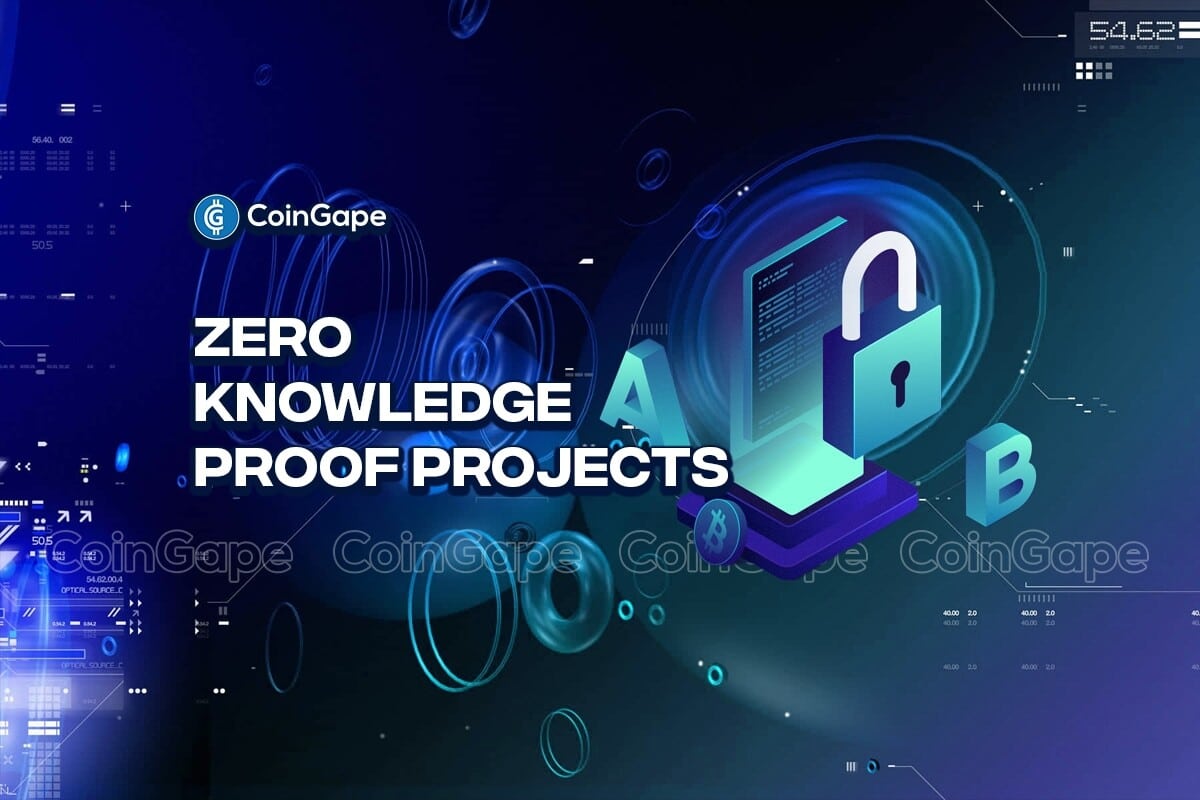
Confidential Voting: Zero-Knowledge Proofs (ZKPs) enable anonymous and tamper-resistant voting in DAOs, as demonstrated by Minimum Anti-Collusion Infrastructure (MACI). This ensures members can vote privately, reducing coercion and promoting honest participation.
-
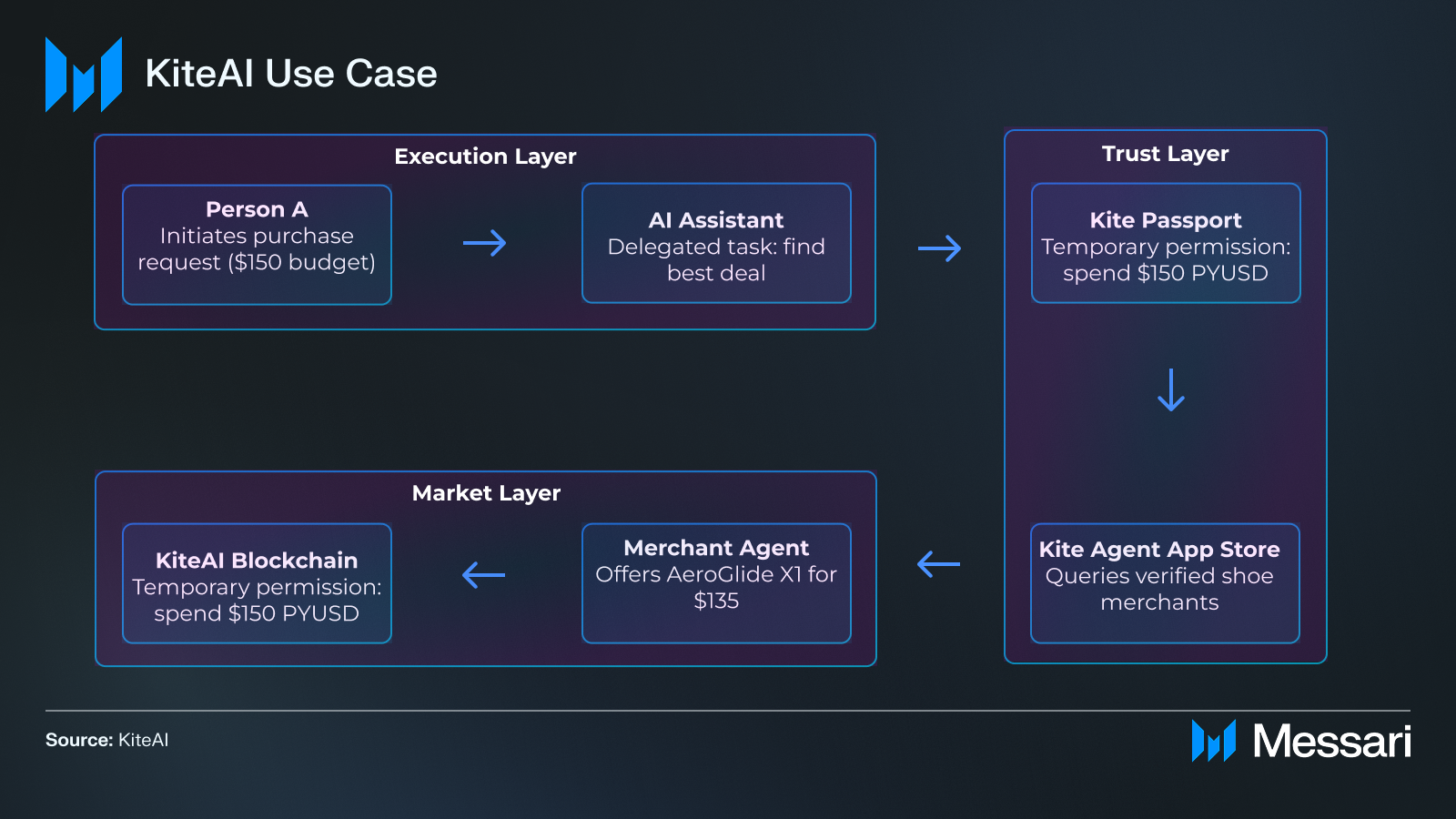
Private Delegation of Voting Power: Protocols like Kite use ZKPs to allow confidential delegation, revocation, and re-delegation of votes without revealing the identities of delegators or delegates, preserving privacy throughout the governance process.
-
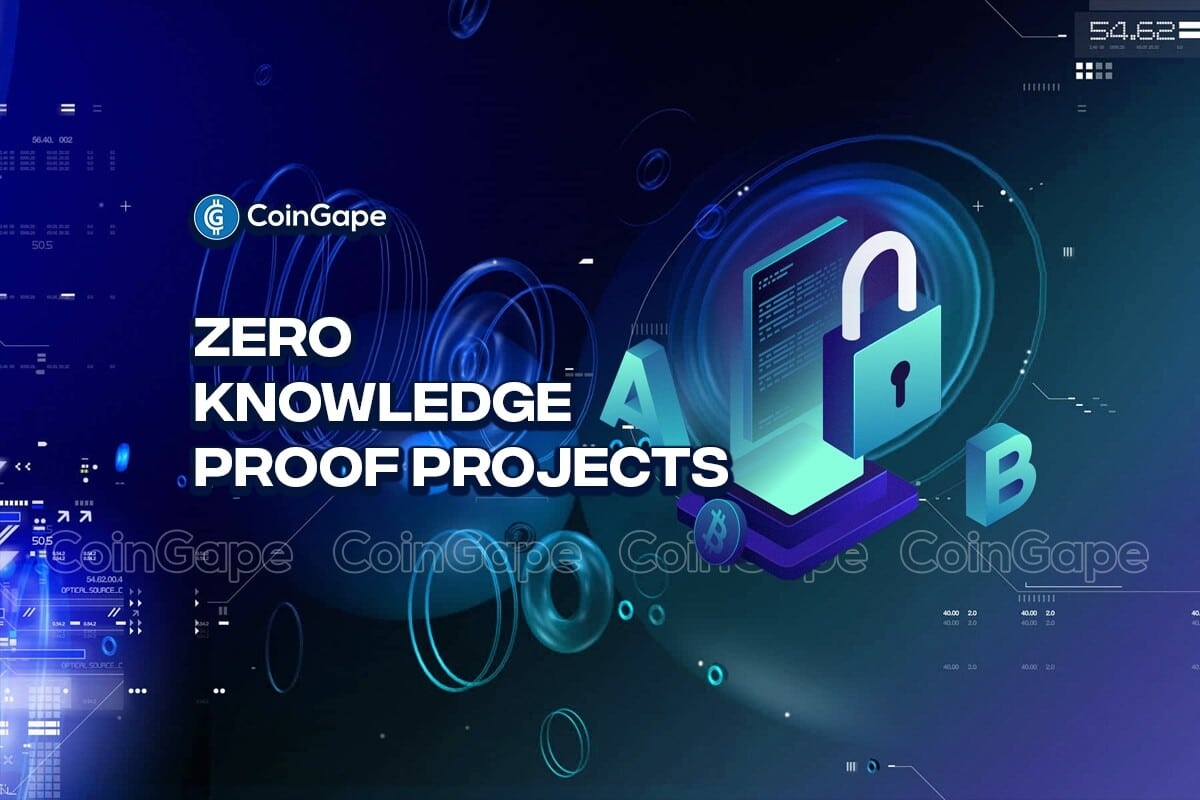
Confidential Transactions and Payroll: ZKPs facilitate private DAO treasury management, allowing payments and payroll to be processed without exposing sensitive financial details. This is crucial for protecting compensation data and treasury operations, as outlined by Confidential DAOs.
-
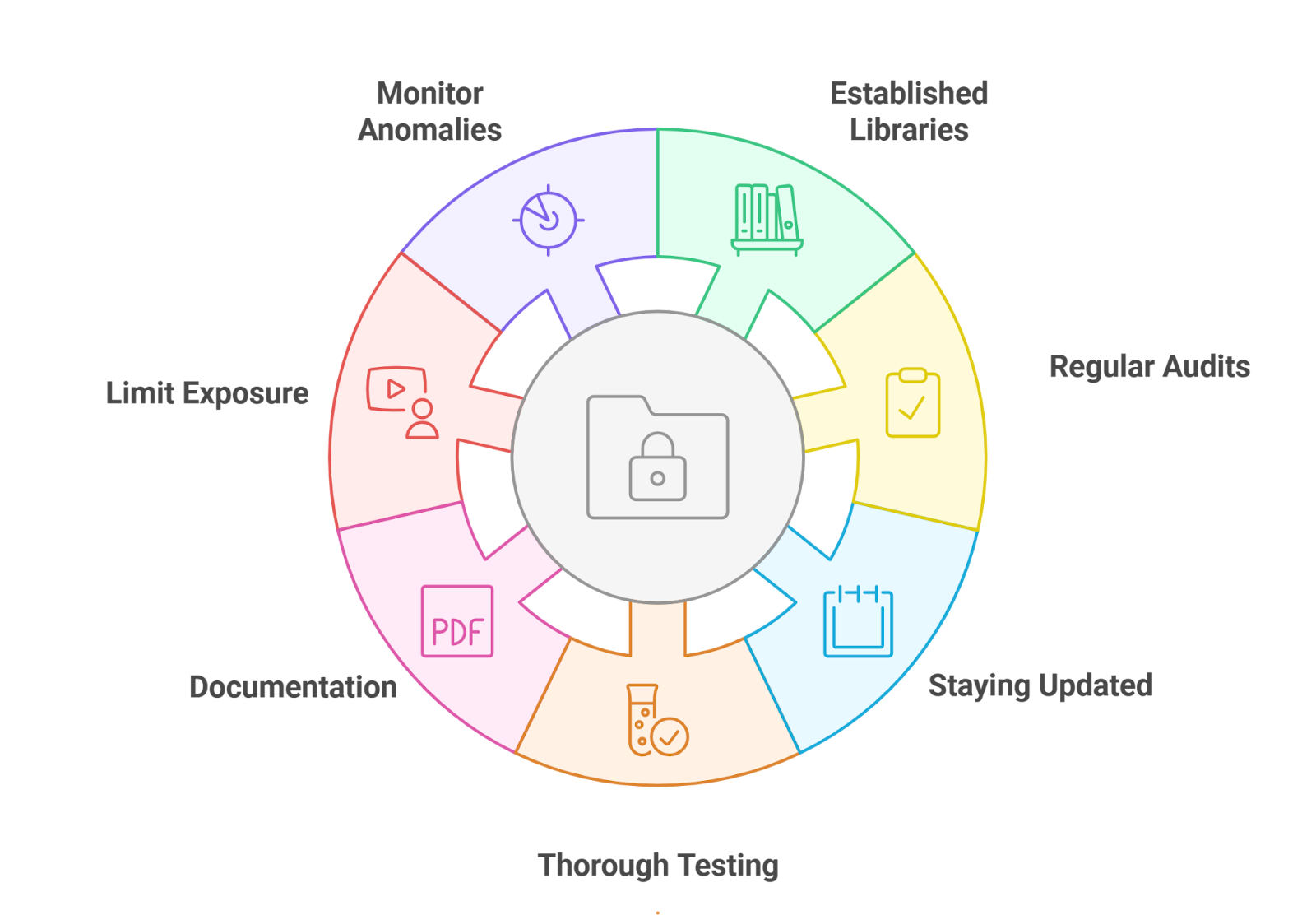
Regulatory Compliance with Privacy: By leveraging ZKPs, DAOs can prove transaction validity for compliance purposes without exposing user data, striking a balance between regulatory requirements and member confidentiality.
-
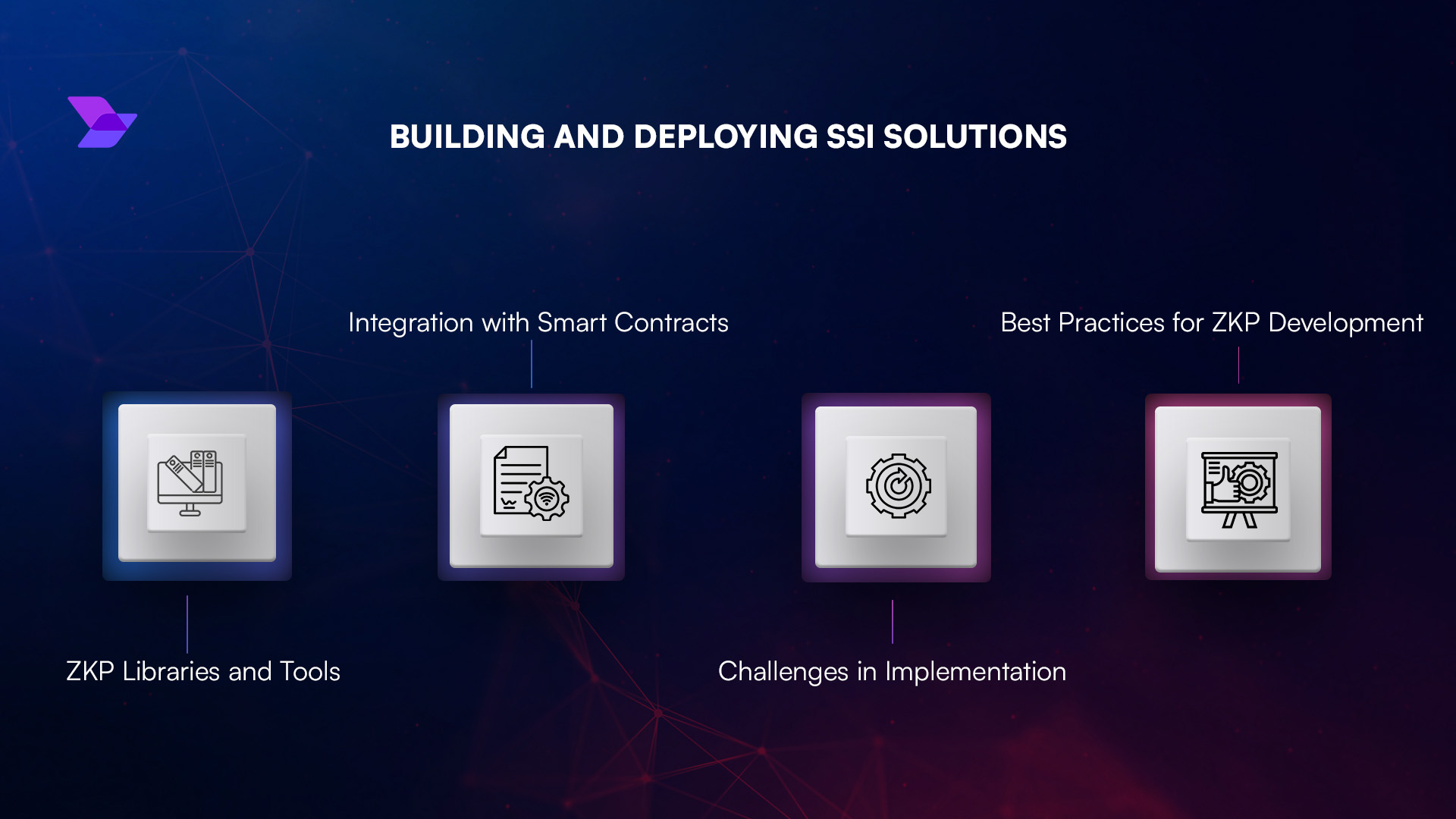
Scalability and Efficiency: ZKPs such as Bulletproofs and zk-SNARKs allow for efficient, scalable verification of votes and transactions, enabling DAOs to handle large-scale governance without compromising privacy or speed.
Current market data reflects this shift in priorities. For example, solutions like MACI are being actively deployed by leading DAOs to encrypt ballots and use zk-SNARKs for public result verification. Meanwhile, protocols such as Kite are enabling private delegation workflows that were previously impossible under traditional transparent models. Bulletproofs and other trusted-setup-free ZKP variants are gaining traction due to their scalability and reduced operational risk, an essential factor as DAOs scale from hundreds to thousands of members.
Regulatory compliance remains a nuanced challenge for decentralized organizations. Jurisdictions increasingly require proof of fair process or valid transactions without demanding full transparency into individual actions. ZKPs bridge this gap: DAOs can provide cryptographic evidence that all votes or payments conform to established rules while keeping identities and amounts confidential. This approach not only satisfies legal requirements but also aligns with community values around privacy.
The future roadmap for DAO privacy solutions points toward even greater integration of zero-knowledge technology across all aspects of governance. Permanent shielded voting, long a top request among DAO participants, is now within reach thanks to ongoing advancements in ZKP efficiency and usability. The community’s focus is shifting from theoretical discussion to practical deployment, with real-world pilots demonstrating both feasibility and impact.
Practical Considerations for Implementing ZKPs in DAOs
While the promise is clear, executing on confidential governance requires thoughtful planning:
- User Experience: Complex cryptography should be abstracted away so members can participate securely without technical friction.
- On-chain Costs: Generating and verifying proofs incurs computational overhead; choosing efficient protocols like Bulletproofs or optimizing zk-SNARK circuits is vital.
- Interoperability: As multi-chain DAO architectures proliferate, cross-chain compatibility of ZKP-based voting and treasury mechanisms becomes critical.
- Crisis Recovery: Governance frameworks must account for edge cases, such as lost keys or malicious actors, without undermining confidentiality guarantees.
A growing ecosystem of open-source libraries, middleware solutions, and audit frameworks is emerging to address these challenges. For step-by-step guidance on deploying these technologies within your organization, see our comprehensive guide on how to implement zero-knowledge proofs for confidential DAO voting.
What’s Next: Toward Universal Confidential Governance
The trajectory is clear: zero-knowledge proofs are becoming foundational infrastructure for decentralized governance at scale. As more DAOs adopt these protocols, not just for voting but also treasury management, membership onboarding, and regulatory reporting, the line between privacy and verifiability will continue to blur in favor of user empowerment.
This evolution isn’t just technological; it’s philosophical. By proving that trustless systems can offer both transparency where needed and privacy where demanded, zero-knowledge proofs unlock new forms of collaboration previously limited by fear or exposure risks. As adoption accelerates, expect confidential DAO governance powered by ZKPs to set new standards in both security and inclusivity across Web3 communities.
